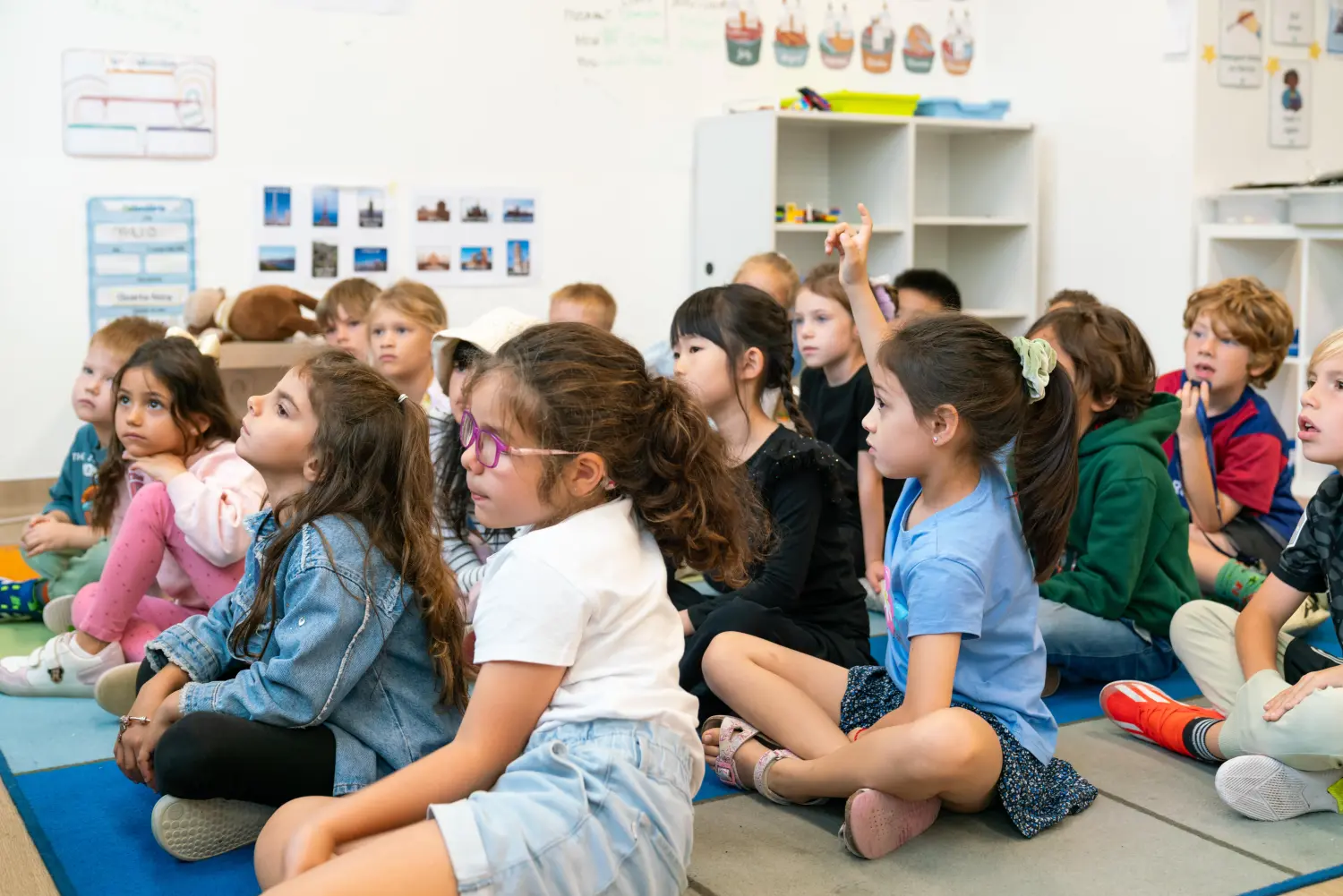
Positive Discipline: understanding the why of challenging behaviour
In the journey of nurturing young minds, educators and parents often find themselves at a crossroads between discipline and encouragement. The conventional methods of discipline, often rooted in punishment and authoritarianism, are gradually giving way to a more empathetic and constructive approach known as Positive Discipline. This method fosters a nurturing environment that cultivates both discipline and emotional intelligence.
Positive Discipline focuses on teaching children self-control, responsibility, and problem-solving skills, all while maintaining a strong sense of connection and respect. Unlike punitive measures that instill fear and resentment, positive discipline strategies aim to build trust and understanding between adults and children.
One of the key principles of positive discipline is setting clear and consistent boundaries. By establishing predictable routines and rules, educators and parents provide children with a sense of security and stability, which is crucial for their emotional development. However, these boundaries are set with empathy and understanding, considering the child’s age, temperament, and individual needs.
Moreover, positive discipline encourages educators and parents to model desirable behavior themselves. Children are highly observant and often mimic the actions of adults around them. By demonstrating patience, empathy, and effective communication, adults serve as powerful role models, guiding children towards positive behavior.
Another fundamental aspect of positive discipline is the emphasis on problem-solving and conflict resolution. Instead of resorting to punishment, adults are encouraged to engage children in dialogue, helping them identify the underlying causes of their behavior and find constructive solutions. This approach not only teaches children valuable life skills but also strengthens their sense of autonomy and self-efficacy.
Fundamentally, positive discipline is not just about correcting behavior; it’s about nurturing the whole child. By fostering a supportive and respectful environment, educators and parents can empower children to thrive emotionally, socially, and academically. Adopting a positive discipline approach can pave the path for a generation of strong, caring, and self-assured individuals ready to make a positive mark on the world.

Mrs. Kelly Mc Loughlin
Primary Teacher

